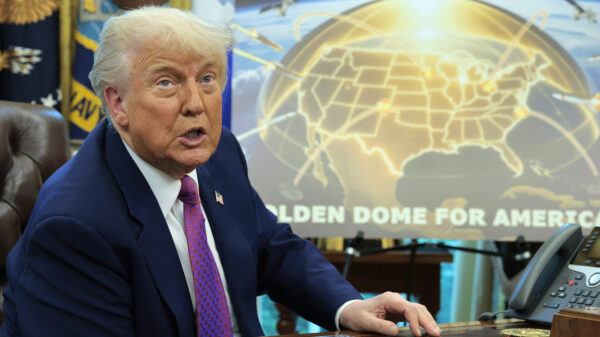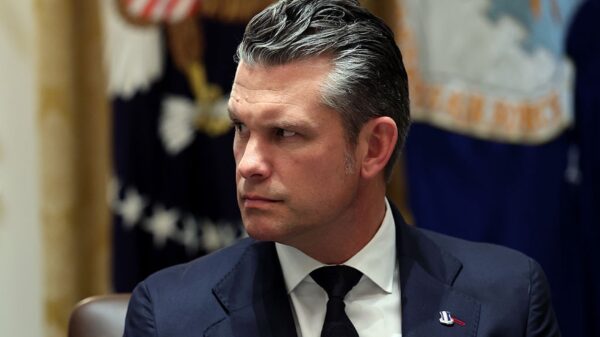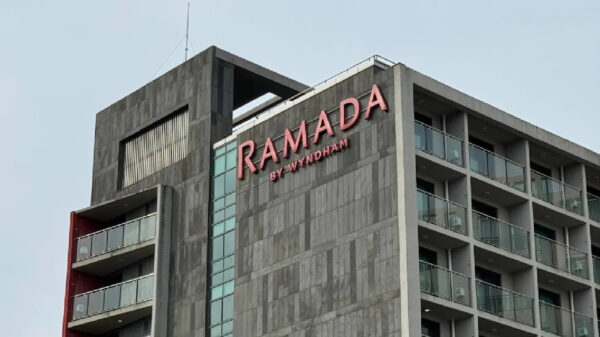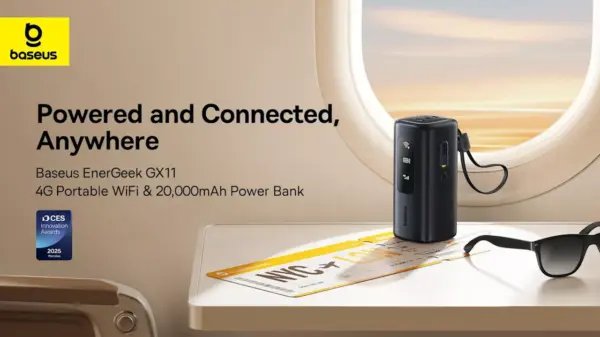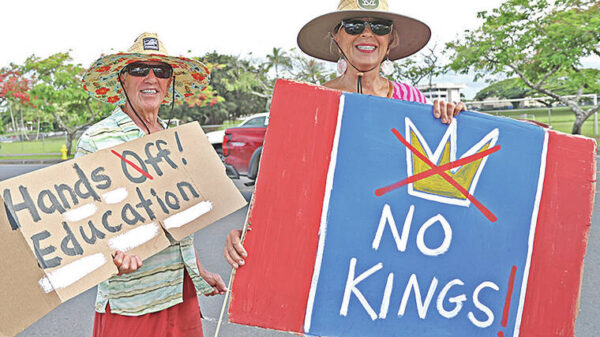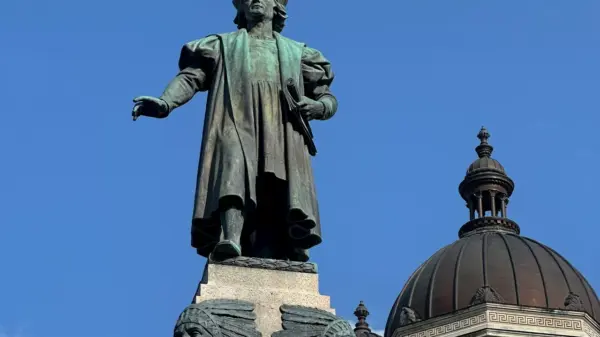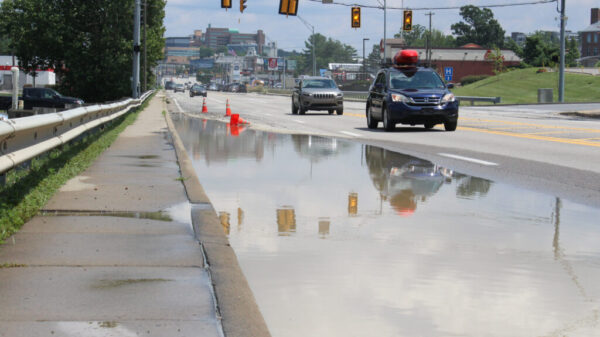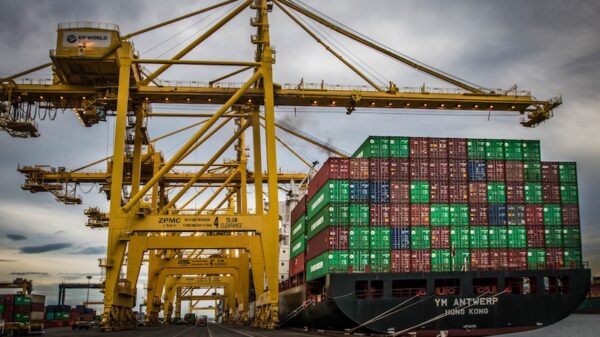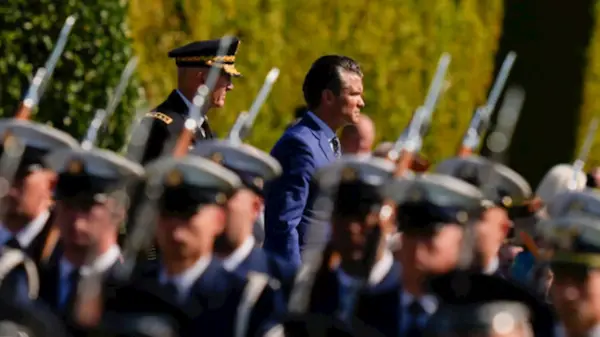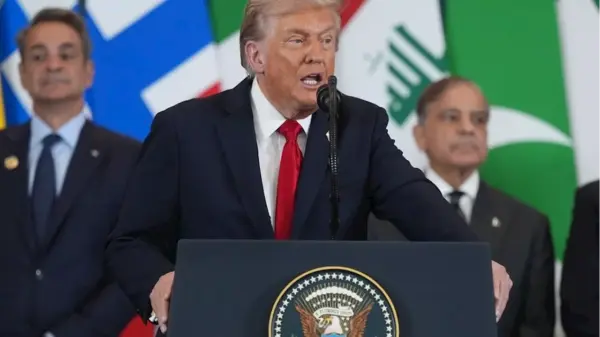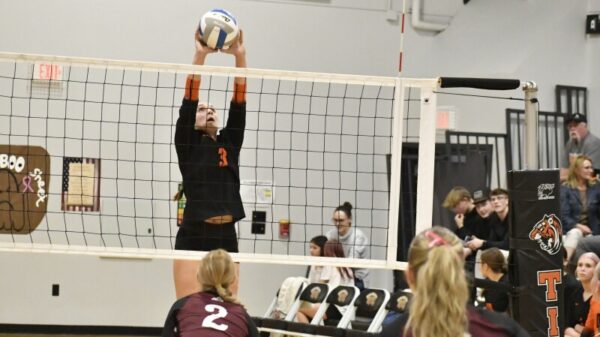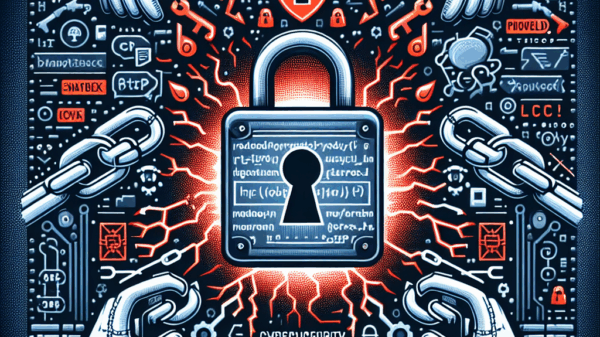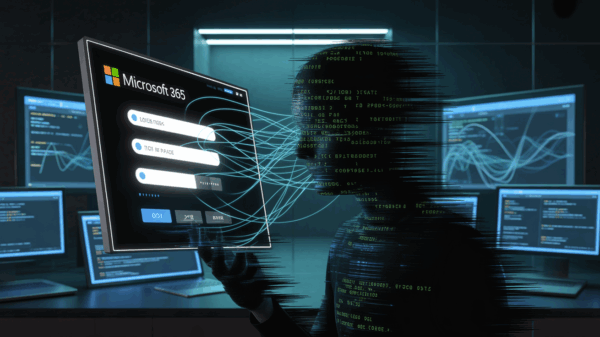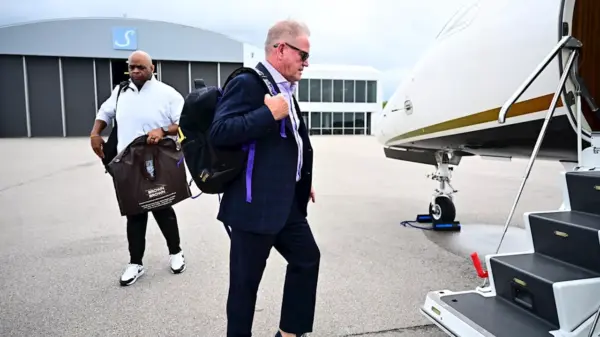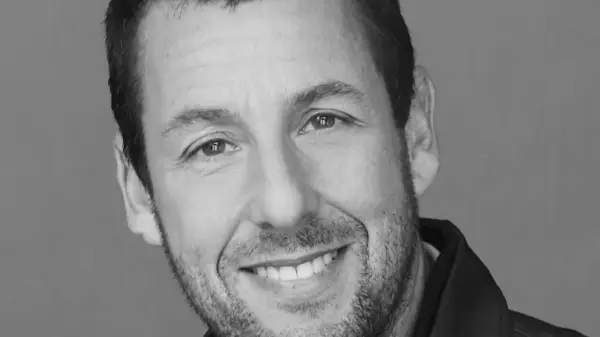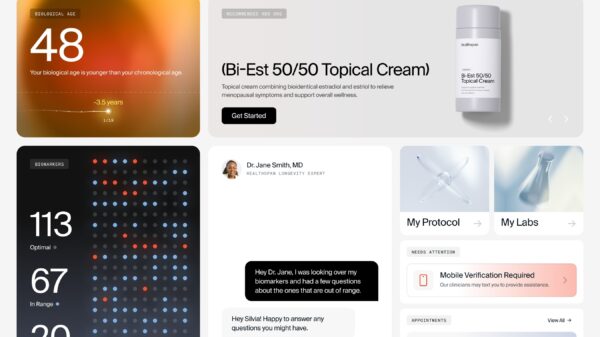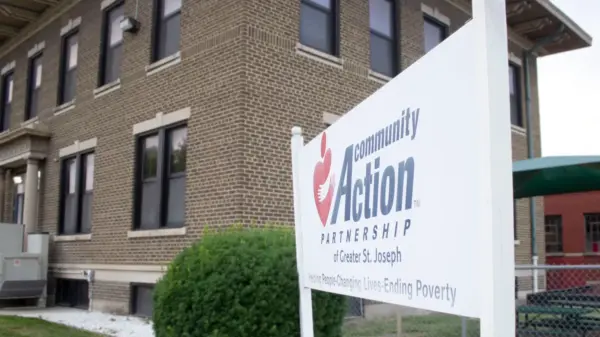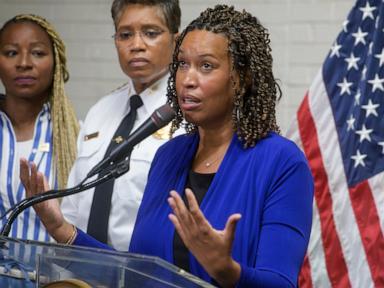UPDATE: As Washington, D.C., students return to school on Monday, September 4, 2023, the city grapples with the implications of President Donald Trump‘s recent surge of law enforcement, which includes over 2,000 National Guard troops. Despite this military presence, D.C. Mayor Muriel Bowser insists that local authorities are capable of ensuring student safety without federal assistance.
With approximately 100,000 students heading back to classrooms, Bowser emphasized, “We don’t need federal agencies to help get kids to school. We will take care of getting our kids to school,” during an interview with ABC News. The Mayor’s comments come as the city prepares for the school year, which has seen significant improvements in proficiency rates in English language arts and math, the highest since before the COVID-19 pandemic.
The return to school raises urgent questions regarding student safety, particularly as troops are positioned throughout the city. Earlier last week, a military vehicle was involved in an accident, sparking concerns among parents and educators. Many students rely on public transportation, including Metro rail stations, to reach school.
Bowser has assured families that D.C.’s existing transportation strategies, including the safe passage program, involve local law enforcement ensuring safe routes for students. “If families feel unsafe, we offer a safe connect program to connect students with a ride to school,” she stated. Despite her assertions, Bowser criticized the necessity of the National Guard’s involvement, citing a decrease in crime rates prior to Trump’s enforcement surge.
“I think calling men and women from their homes and their jobs and their families… I don’t think we have an armed militia in the nation’s capital,” Bowser added, underscoring her belief that local strategies are sufficient for maintaining safety.
Contrastingly, Washington’s Metropolitan Police Chief, Pamela Smith, acknowledged the positive impact of federal agents, noting that “some officers have found it to be very helpful, some people in the community have found it to be very helpful.” This division highlights the ongoing debate around safety measures in urban educational environments.
In neighboring Philadelphia, where nearly 200,000 students are also returning to school, Superintendent Tony Watlington echoed sentiments about safety, stating his district is enhancing patrols in areas with rising violence. Watlington noted that Philadelphia is investing in “safety zones” by contracting with local police to bolster student safety.
Parents in Philadelphia, however, express anxiety over significant cuts to the public transit system, SEPTA, complicating student transportation. Watlington emphasized the need for community collaboration and relationship-building among students and staff to foster a supportive environment during this transitional period.
“We have to build relationships… when kids feel connected, they are more likely to say something if they see something,” Watlington explained, stressing the importance of emotional support in schools.
Both Bowser and Watlington agree that safety remains paramount. At a back-to-school pep rally earlier this month, Bowser urged community members to celebrate students and create a positive atmosphere. “Our children deserve and will get a joyful start to their school year,” she affirmed, calling for community support to ensure a successful return to education.
The focus now turns to how these safety measures will be implemented as students begin their new academic year. Parents, educators, and city officials alike will be watching closely to gauge the effectiveness of these strategies amid ongoing concerns about crime and safety in major urban centers.







